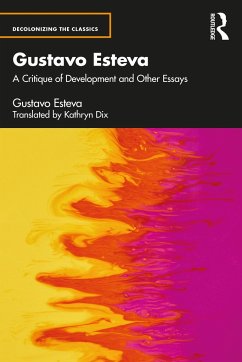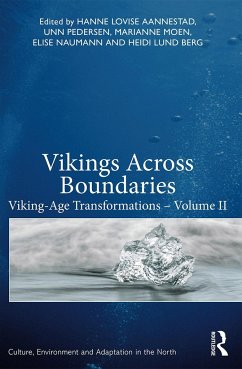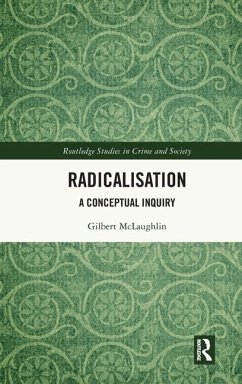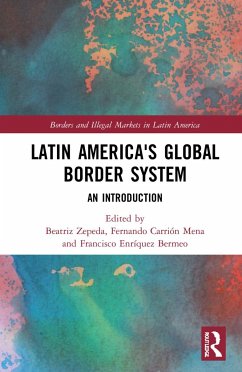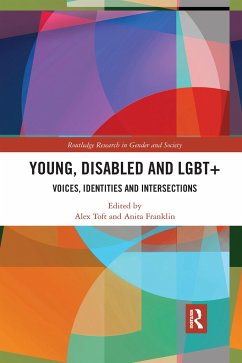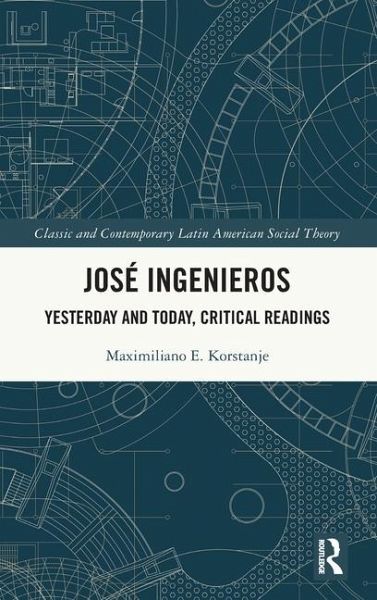
José Ingenieros
Yesterday and Today, Critical Readings
Versandkostenfrei!
Versandfertig in 6-10 Tagen
154,99 €
inkl. MwSt.
Weitere Ausgaben:

PAYBACK Punkte
77 °P sammeln!
Maximiliano Korstanje presents an overview and analysis of the work of the Argentinian sociologist and physician, José Ingenieros (1877-1925). In fact, José Ingenieros was a seminal scholar who contributed directly to the formation of sociology in Latin America. Born in Palermo, Italy Ingenieros grew up in Buenos Aires, Argentina. He trained in medicine, psychiatry, sociology and philosophy; he devoted much of his life to addressing societal challenges such as mass migration, imperialism, marginality, criminality and social identity.Korstanje takes in turn the key areas of Ingenieros's work ...
Maximiliano Korstanje presents an overview and analysis of the work of the Argentinian sociologist and physician, José Ingenieros (1877-1925). In fact, José Ingenieros was a seminal scholar who contributed directly to the formation of sociology in Latin America. Born in Palermo, Italy Ingenieros grew up in Buenos Aires, Argentina. He trained in medicine, psychiatry, sociology and philosophy; he devoted much of his life to addressing societal challenges such as mass migration, imperialism, marginality, criminality and social identity.
Korstanje takes in turn the key areas of Ingenieros's work and examines how his thinking can be brought to bear on the social challenges of today. In particular his work on mass migration and the "Other" have echoes in the problems facing many countries in the early twenty-first century. It is a valuable resource for scholars and students looking to better understand this key figure in Argentinian - and Latin American - sociology in the early twentieth century.
Korstanje takes in turn the key areas of Ingenieros's work and examines how his thinking can be brought to bear on the social challenges of today. In particular his work on mass migration and the "Other" have echoes in the problems facing many countries in the early twenty-first century. It is a valuable resource for scholars and students looking to better understand this key figure in Argentinian - and Latin American - sociology in the early twentieth century.









